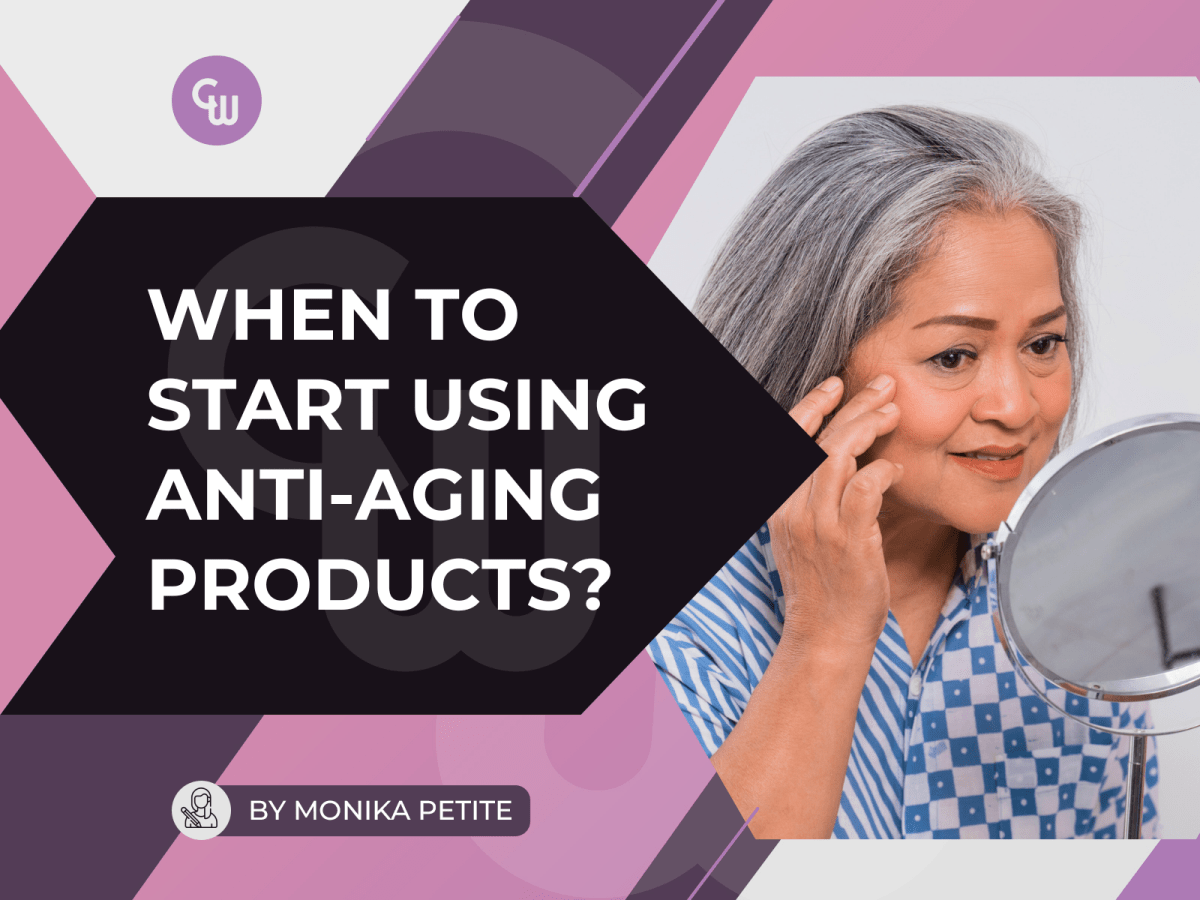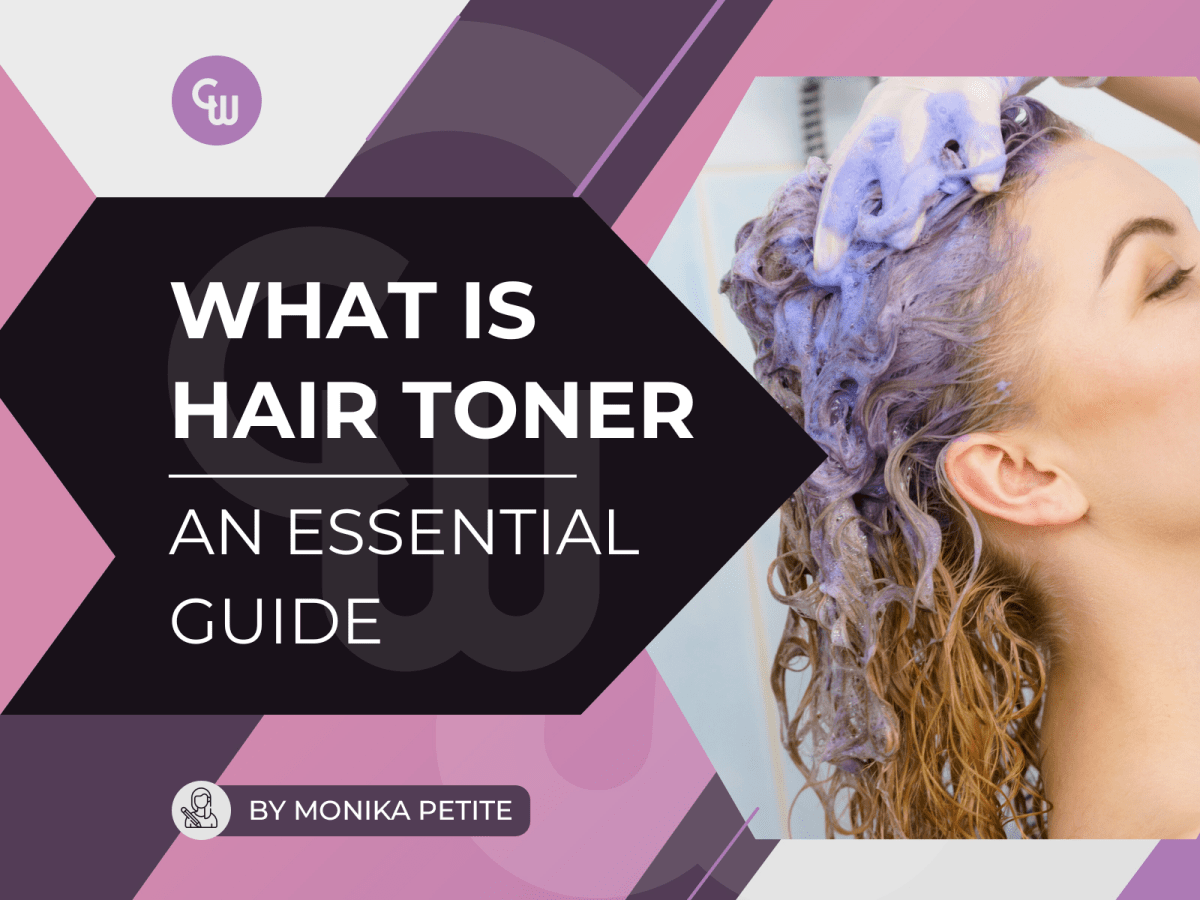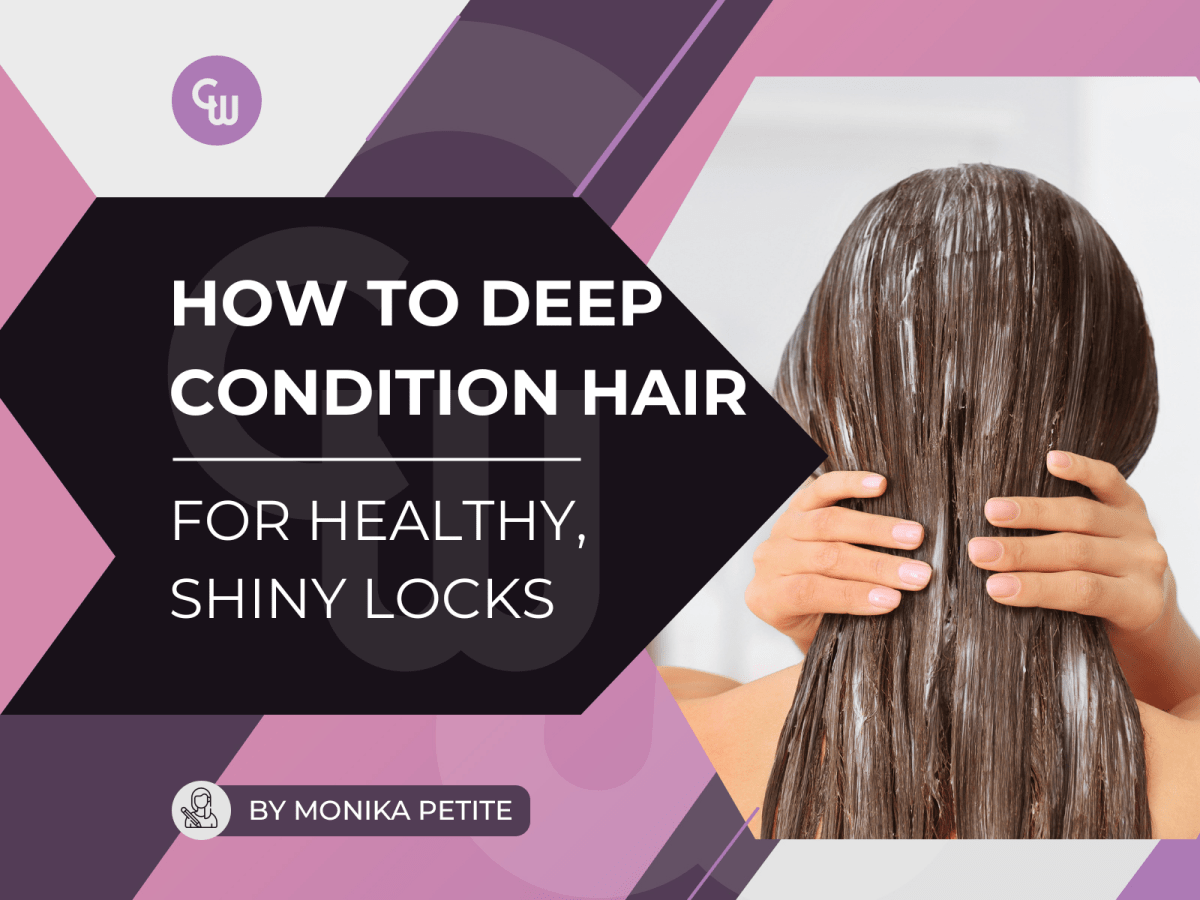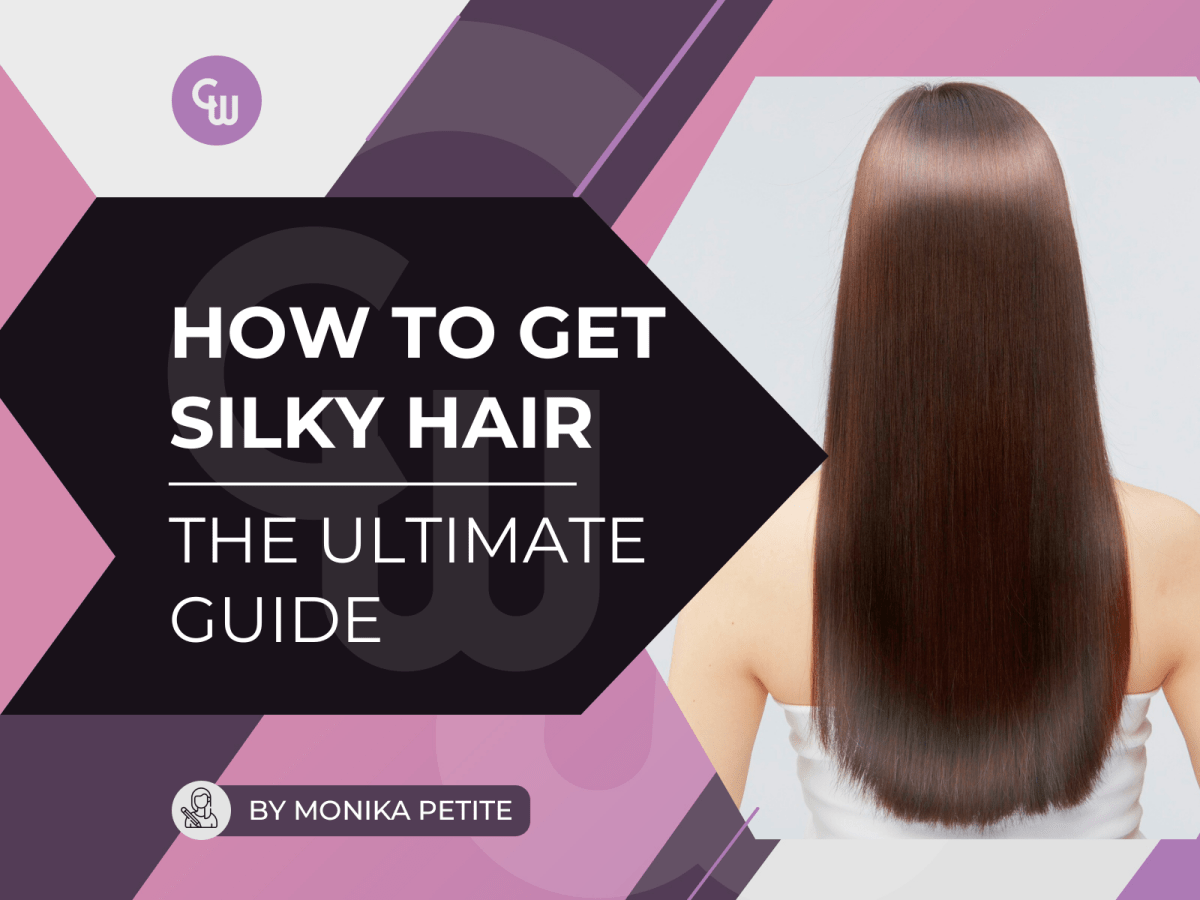Inside this Article
- Let’s Talk About How Aging Really Works
- When to Start Using Anti-Aging Products
- Must-Have Anti-Aging Ingredients
- Building an Effective Anti-Aging Routine
- Why a Gentle Face Cleanser Matters
- Vitamin C Serum - Your Brightening Bestie
- Retinol Serum - The Real MVP
- Enhancing Your Routine with Advanced Treatments
- Adapting Your Skincare Routine Over Time
- Common Myths About Anti-Aging Products
- Summary
- Frequently Asked Questions
Let’s Talk About How Aging Really Works

Aging is just part of life — it’s not something you can “stop,” but you can definitely slow it down 🐢. As the years roll by, your collagen and elastin levels start dropping 📉. That’s what gives you that firm, bouncy, “baby skin” feel when you’re younger 👶. Less of it means your skin’s surface can look drier, thinner, and less plump.
Then there’s hyaluronic acid — your skin’s built-in moisturizer. You naturally make less of it as you age, so your skin might start feeling tighter or flakier. Add in stuff like sun exposure, stress, and pollution, and suddenly you’re dealing with age spots, uneven skin tone, and dullness 😞.
The good news? Knowing how the skin aging process works helps you pick the right anti-aging products to protect your skin’s natural barrier 🛡️ and keep your glow going strong ✨.
When to Start Using Anti-Aging Products

Here’s the deal: your mid-to-late 20s are usually the best time to start an anti-aging routine 🕰️. Around 25, your collagen synthesis starts slowing, and that’s when prevention becomes your best friend 🛡️.
But if you’re reading this in your 30s, 40s, or even later — relax. It’s never too late. Building a solid skincare routine for your skin type will still make a huge difference 💪.
No matter your age, the essentials stay the same — use sunscreen daily ☀️, keep your skin barrier healthy 🧴, and pick products that help with elasticity, fine lines, and wrinkles. Think of it as a simple, lifelong habit, not a chore 🧖♀️.
Must-Have Anti-Aging Ingredients

If you’re starting to build your anti-aging skin care routine 🧴, don’t overcomplicate it. Just focus on a few heavy hitters that actually do the work:
-
Vitamin C Serum (L-Ascorbic Acid): A lifesaver. It’s a serum that brightens dull skin, evens out dark spots, and boosts collagen production.🍊
-
Retinol Serum: Aka vitamin A’s famous cousin. It helps shed dead skin cells, smooth fine lines, and keep mature skin looking fresh.🌙
-
Hyaluronic Acid: Your hydration hero — it pulls moisture into your skin to keep it soft, dewy, and plump.💧
-
Peptides: They’re the little guys that help your collagen and elasticity stay strong, which keeps your skin firm.💪
When these ingredients team up, they help fight the visible signs of aging, support your skin barrier, and leave you with younger-looking skin that actually feels healthy ✨.
Building an Effective Anti-Aging Routine

A great anti-aging skincare routine doesn’t need to be complicated. Focus on a simple routine that works for your skin type and budget. Here’s what most people start with:
-
Gentle Face Cleanser: Keeps your skin’s natural barrier intact and removes dirt and other buildup without stripping moisture.🧼
-
Antioxidant Serum: Apply a vitamin C serum to visibly brighten, even out skin tone, and defend against free radicals.🍊
-
Retinol Serum: Use at night to smooth fine lines, boost collagen production, and support skin renewal.🌙
-
Moisturizer: Keeps skin healthy and hydrated to maintain elasticity and reduce visible signs of aging.💧
-
Sunscreen: The most essential step to protect against UV rays, age spots, and premature skin aging.☀️
Why a Gentle Face Cleanser Matters
Your cleanser sets the stage for everything else. A gentle face cleanser 🧼 helps remove dirt and dead skin cells without wrecking your skin’s natural barrier 🛡️.
If your cleanser leaves your face feeling tight, it’s too harsh 🚫. Go for something specially formulated for your skin type so your skin stays healthy 🌿, balanced, and ready to soak up all those good anti-aging ingredients that come next ✨.
Vitamin C Serum - Your Brightening Bestie
A vitamin C serum (especially one with L-ascorbic acid) is a must 🍊. It’s your best defense against dullness, pollution, and uneven skin tone 🎨. Plus, it helps with collagen synthesis so your skin stays firm and radiant ✨.
It’s the kind of product that makes you look like you’ve been drinking green juice and getting eight hours of sleep even when you haven’t.🛌
Retinol Serum - The Real MVP
Retinol is the real deal for tackling fine lines and wrinkles ✨. It speeds up skin turnover, sheds dead skin cells, and keeps your skin’s surface smooth 🌿.
If you’ve never used it before, start slow 🐢, maybe two or three nights a week 🌙, and always follow with sunscreen in the morning ☀️. Retinol makes your skin more sensitive to the sun, but it’s totally worth it for that fresh, glowy payoff.✨
Enhancing Your Routine with Advanced Treatments

If you’re ready to take things up a notch, treatments like chemical peels and microdermabrasion can level up your anti-aging skin care routine.
-
Microdermabrasion: Gently exfoliates the skin’s surface to remove dead skin 🧹 and reveal brighter, smoother skin tone 🌟.
-
Chemical Peels: Help with dark spots, age spots, and uneven skin tone, while stimulating collagen synthesis 💪.
Both treatments work beautifully with your skincare regimen and can help visibly brighten your complexion while supporting collagen and elasticity 🤸♀️.
Adapting Your Skincare Routine Over Time

As your skin starts to change, your skincare should too. The aging process looks different in your 30s, 40s, and 50s, so tweak your anti-aging routine accordingly.
In Your 30s
You might notice fine lines around the eyes 👀 and a little loss of firmness. Add antioxidant serums 🍊 and retinol serum 🌙 to protect collagen and maintain that youthful-looking skin.
In Your 40s
Sagging skin and wrinkles become more visible. Peptides and hyaluronic acid 💧 can help restore firmness and elasticity. Keep using vitamin C serum 🍋 and daily sunscreen ☀️ to protect your skin barrier.
In Your 50s and Beyond
Hormonal shifts may lead to dryness 🏜️, uneven skin tone 🎨, and thinning. Switch to specially formulated creams rich in antioxidants, peptides, and vitamin C derivatives to restore support, glow ✨, and hydration 💦.
Common Myths About Anti-Aging Products
Let’s bust a few myths about anti-aging products:
-
Myth 1: Oily skin doesn’t age - Even oily skin types lose collagen and elasticity over time; no one escapes the natural aging process ⏳.
-
Myth 2: Face yoga erases wrinkles - Sorry, there’s no solid proof that facial exercises prevent fine lines and wrinkles.🙅♀️
-
Myth 3: Injectables are a permanent fix - They can soften visible signs of aging, but true anti-aging skincare starts with daily habits and products that maintain a healthy skin barrier. 🛡️
The truth? You can start taking care anytime ⏰. Early prevention is key, but consistency is what gives lasting results 💪.
Summary
Starting your anti-aging skincare routine early is a smart way to maintain healthy, younger-looking skin. Focus on essential ingredients like vitamin C, retinol, and hyaluronic acid for dual action benefits: boosting collagen production and smoothing lines and wrinkles. Keep your routine simple, cleanse gently, apply antioxidant serums, use retinol, and protect your skin barrier with sunscreen. As your body and skin change, update your skincare regimen to keep it effective. With consistency and care, your anti-aging skin care will help you maintain that radiant glow and firm skin for years.
Frequently Asked Questions
When should I start using anti-aging products?
I’d say start in your 20s, especially between 25 and 32. Getting on it early helps you nip those aging signs in the bud before they get all obvious and keeps your skin happy and healthy for the long haul.
What are the key ingredients to look for?
Vitamin C boosts collagen and brightens, Retinol fights fine lines, and Hyaluronic Acid keeps skin hydrated. These are must-haves for fresh, youthful skin.
How can I build an effective anti-aging routine?
I usually start with a gentle cleanser, add antioxidant serums like Vitamin C, use retinol, and finish with daily sunscreen. This combo keeps my skin fresh, youthful, and protected.
Are advanced treatments like microdermabrasion and chemical peels necessary?
Not for everyone, but honestly, they can really up your game by smoothing out your skin and tackling those tougher issues.
Is it ever too late to start using anti-aging products?
No way! I honestly think it’s never too late to start. No matter your age, a good routine can totally boost your skin’s health and make you look better. So yeah, jump in whenever you’re ready!






